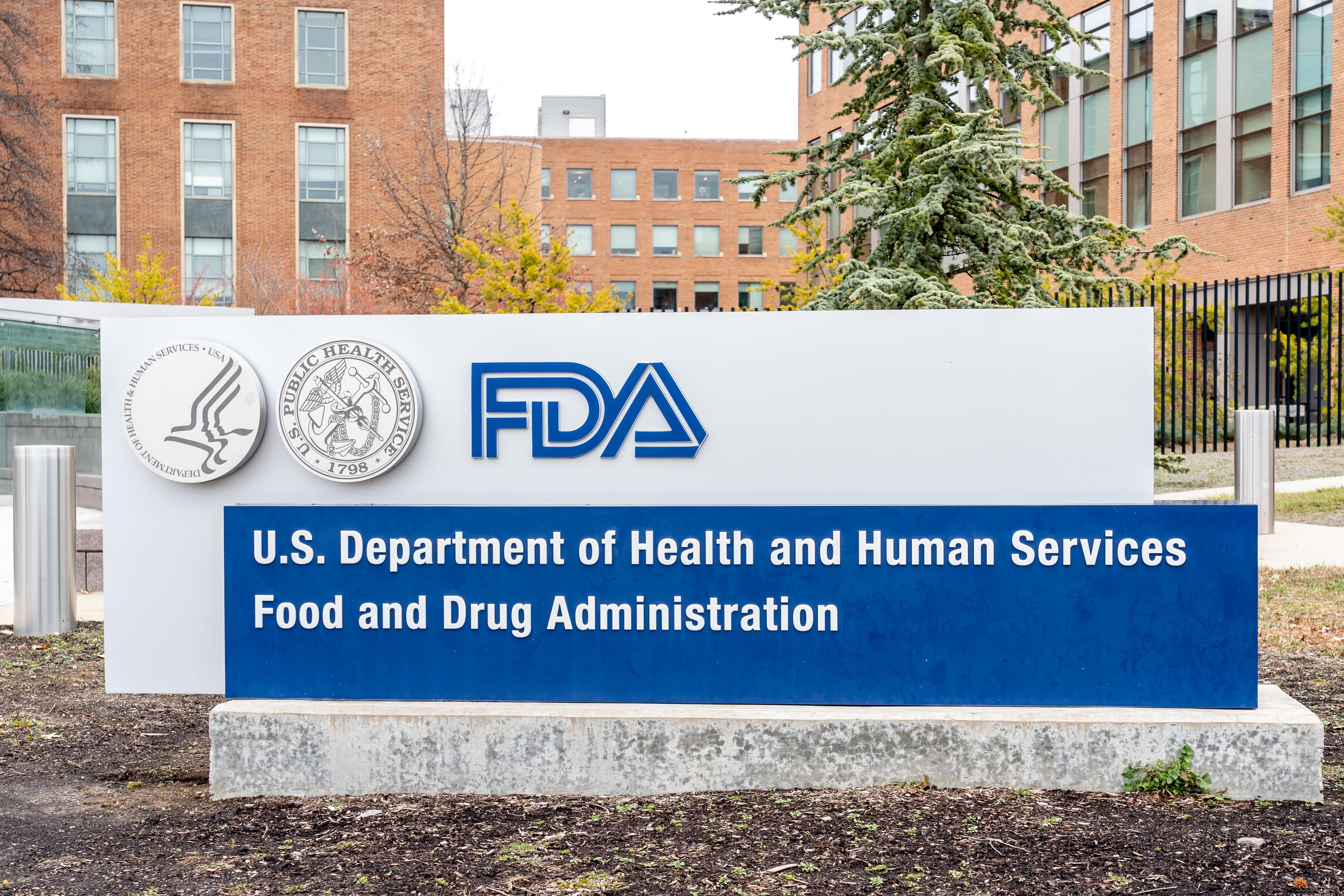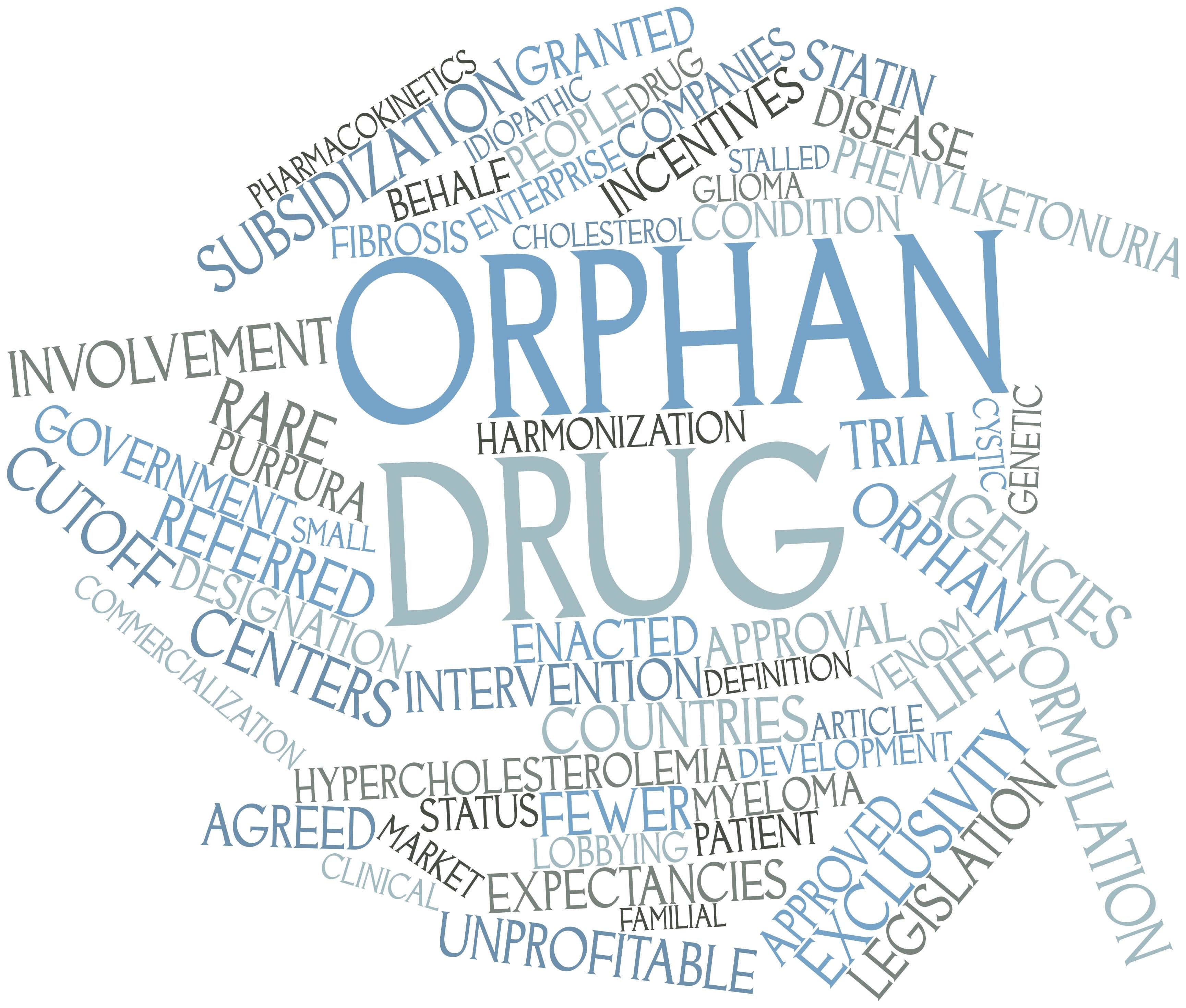Image credit: Chutima | stock.adobe.com
Opdivo (nivolumab) combined with Yervoy (ipilimumab) demonstrated a significantly improved survival benefit compared with lenvatinib or sorafenib in the first-line treatment of unresectable hepatocellular carcinoma (HCC), according to findings from the Phase III CheckMate -9DW trial presented at the American Society of Clinical Oncology 2024 Annual Meeting.1
Results from a pre-specified interim analysis of the trial released in March found that Opdivo plus Yervoy produced a statistically significant and clinically meaningful improvement in overall survival compared with investigator’s choice of sorafenib or lenvatinib at a pre-specified interim analysis.2
“Despite recent advances in the treatment of HCC, prognosis remains poor for patients with advanced HCC, and therapies that improve survival and help delay disease progression are needed,” Peter R. Galle, MD, University Medical Center, Mainz, said in a press release. “These data from CheckMate -9DW confirm the efficacy of the combination of nivolumab and ipilimumab and ability to extend survival, which is very encouraging.”1
Opdivo is a monoclonal antibody that binds to the PD-1 receptor and inhibits tumor growth by improving T-cell function.3,4 Opdivo has been approved across an array of indications, both as a single agent and in combination therapy, including for patients with unresectable or metastatic melanoma; metastatic NSCLC; advanced renal cell carcinoma; classical Hodgkin lymphoma; recurrent or metastatic squamous cell carcinoma of the head and neck; locally advanced or metastatic urothelial carcinoma; microsatellite instability-high or mismatch repair deficient metastatic colorectal cancer; and hepatocellular carcinoma.3
Yervoy is a recombinant, human monoclonal antibody that attaches to the cytotoxic T-lymphocyte-associated antigen-4 (CTLA-4), which is a negative T-cell activity regulator. By attaching to CTLA-4, Yervoy inhibits the interaction between CTLA-4 and its CD80/CD86 ligands. This action has been found to increase T-cell activation and proliferation, including tumor-infiltrating T-effector cells.
The randomized, open-label CheckMate -9DW trial analyzed Opdivo combined with Yervoy vs. lenvatinib or sorafenib monotherapy in patients with advanced HCC who did not previously receive systemic therapy. Investigators randomly assigned approximately 668 patients to receive Opdivo 1 mg/kg plus Yervoy 3 mg/kg Q3W for up to four doses, followed by Opdivo monotherapy 480 mg Q4W infusion, in comparison with single agent oral lenvatinib or sorafenib. The trial’s primary endpoint is OS, with key secondary endpoints that include objective response rate (ORR) and time to symptom deterioration.
At a median follow-up of approximately 35.2 months, patients administered Opdivo plus Yervoy showed a median OS of 23.7 months (95% CI: 18.8–29.4) vs. 20.6 months (95% CI: 17.5–22.5) in the lenvatinib or sorafenib cohort (HR: 0.79 (0.65–0.96); p = 0.018). This benefit was generally consistent across patient subgroups.
Investigators also observed a statistically significant and clinically meaningful improvement in ORR, at 36% (95% CI: 31-42) in the Opdivo plus Yervoy cohort vs. 13% (95% CI: 10-17) in the lenvatinib or sorafenib cohort. Patients administered Opdivo plus Yervoy achieved a complete response rate of 7% compared with 2% in the lenvatinib or sorafenib cohort. These responses were found to be durable among responders, who achieved a median duration of response of 30.4 months in the Opdivo plus Yervoy cohort (95% CI: 21.2-NE) compared with 12.9 months in the lenvatinib or sorafenib cohort (95% CI: 10.2-31.2).
In terms of safety, the findings for Opdivo plus Yervoy were consistent with prior findings and considered manageable with established protocols. Treatment-related adverse events of any grade were reported by 84% of patients in the Opdivo plus Yervoy cohort compared with 91% in the lenvatinib or sorafenib cohort.
“The combination of Opdivo plus Yervoy has been an established second-line treatment for patients with advanced HCC and, with these results, we can demonstrate that Opdivo plus Yervoy significantly increases survival and other key efficacy measures in the first-line setting for patients with advanced disease,” Dana Walker, MD, MSCE, vice president, global program lead, gastrointestinal and genitourinary cancers, Bristol Myers Squibb, said in the release. “We look forward to discussing these data with health authorities and potentially bringing the dual immunotherapy combination of Opdivo plus Yervoy to more patients.”1
References
1. Bristol Myers Squibb Announces Opdivo (nivolumab) Plus Yervoy (ipilimumab) Significantly Improved Overall Survival Compared to Lenvatinib or Sorafenib as First-Line Treatment for Patients with Advanced Hepatocellular Carcinoma in CheckMate -9DW Trial. News release. Bristol Myers Squibb. June 4, 2024. Accessed June 5, 2024. https://news.bms.com/news/corporate-financial/2024/Bristol-Myers-Squibb-Announces-Opdivo-nivolumab-Plus-Yervoy-ipilimumab-Significantly-Improved-Overall-Survival-Compared-to-Lenvatinib-or-Sorafenib-as-First-Line-Treatment-for-Patients-with-Advanced-Hepatocellular-Carcinoma-in-CheckMate–9DW-Trial/default.aspx
2. Bristol Myers Squibb Announces CheckMate -9DW Trial Evaluating Opdivo (nivolumab) Plus Yervoy (ipilimumab) Meets Primary Endpoint of Overall Survival for the First-Line Treatment of Advanced Hepatocellular Carcinoma. Bristol Myers Squibb. News release. March 20, 2024. Accessed June 5, 2024. https://news.bms.com/news/details/2024/Bristol-Myers-Squibb-Announces-CheckMate–9DW-Trial-Evaluating-Opdivo-nivolumab-Plus-Yervoy-ipilimumab-Meets-Primary-Endpoint-of-Overall-Survival-for-the-First-Line-Treatment-of-Advanced-Hepatocellular-Carcinoma/default.aspx
3. Opdivo. Prescribing information. Bristol Myers Squibb; 2021. Accessed June 5, 2024. https://packageinserts.bms.com/pi/pi_opdivo.pdf
4. FDA approves first immunotherapy for initial treatment of gastric cancer. News release. FDA. April 16, 2021. Accessed June 5, 2024. https://www.fda.gov/news-events/press-announcements/fda-approves-first-immunotherapy-initial-treatment-gastric-cancer.




